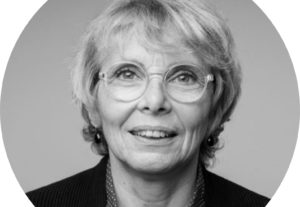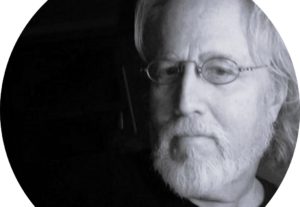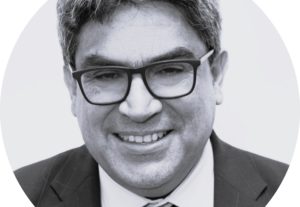
Christine Musselin has, for many years, directed an important comparative research program of higher education systems at the Centre de sociologie des organisations (CSO), where she was Director (2007–13), and, since 2013, Dean of Research, at Sciences Po, Paris, France. Affiliated with the Center d’Etudes Européennes since 2010 and with LIEPP since 2012, she co-directs the Research Group on “Higher Education and Research”. She is a member of the European Academy of Sociology and serves on scientific advisory and editorial boards in numerous countries. Musselin is a key European contributor to our understanding of institutional and organizational change in higher education and academic labor markets.
David P. Baker is Professor of Sociology, Education, and Demography at the Pennsylvania State University, USA. His broad research program has focused on the impact of the worldwide education revolution, in particular the historical rise of the “schooled society” and the transformation of global culture through education and science. Currently, a key focus is on the comprehensive historical-sociological analysis of scientization and “global mega-science,” based on global diffusion of the university-science model and the symbiotic relationship of higher education and science that facilitated exponential growth in educational participation and scientific knowledge production (1900–2020). Baker is a Non-residential Fellow of The Brookings Institution, Washington, DC (USA) and is the 2023-24 George Sarton Chair and Medalist in History of Science of Ghent University (Belgium).


Martín Benavides is a Peruvian sociologist long affiliated with the Pontifical Catholic University of Peru (Lima), from 2018 as senior professor. Between 2018 and 2020, he served as the head of the regulatory body of Peru’s university network where he led the reform to improve the quality of higher education. He served as his country’s Minister of Education in 2020, from the onset of the COVID-19 pandemic, overseeing the country’s pre-primary, primary, secondary, and higher education systems and designing the national strategy for distance education in response to the pandemic. In 2022, he served as Director of the Observatory of Higher Education. A visiting scholar at various research organizations in the United States and France, he currently heads the UNESCO International Institute of Educational Planning (IIEP), the only organization in the United Nations’ system devoted to educational planning and management.
